-
Critic's Rating - 8.8/108.8/10
8.8/10
Delhi Crime is a Netflix Original, a procedural based on the henious Nirbhaya Case in Delhi. Richie Mehta has written and Directed this series. This deeply unsettling incident is told from the investigative side of the police. DCP Vartika heads the investigation along with a Special investigation officer, Bhupinder. The narrative starts with a constable learning about two severely injured people, lying on the side of the road as the usual traffic passes by, completely oblivious to the appalling act of crime that was going to shake-up the country in a few hours.
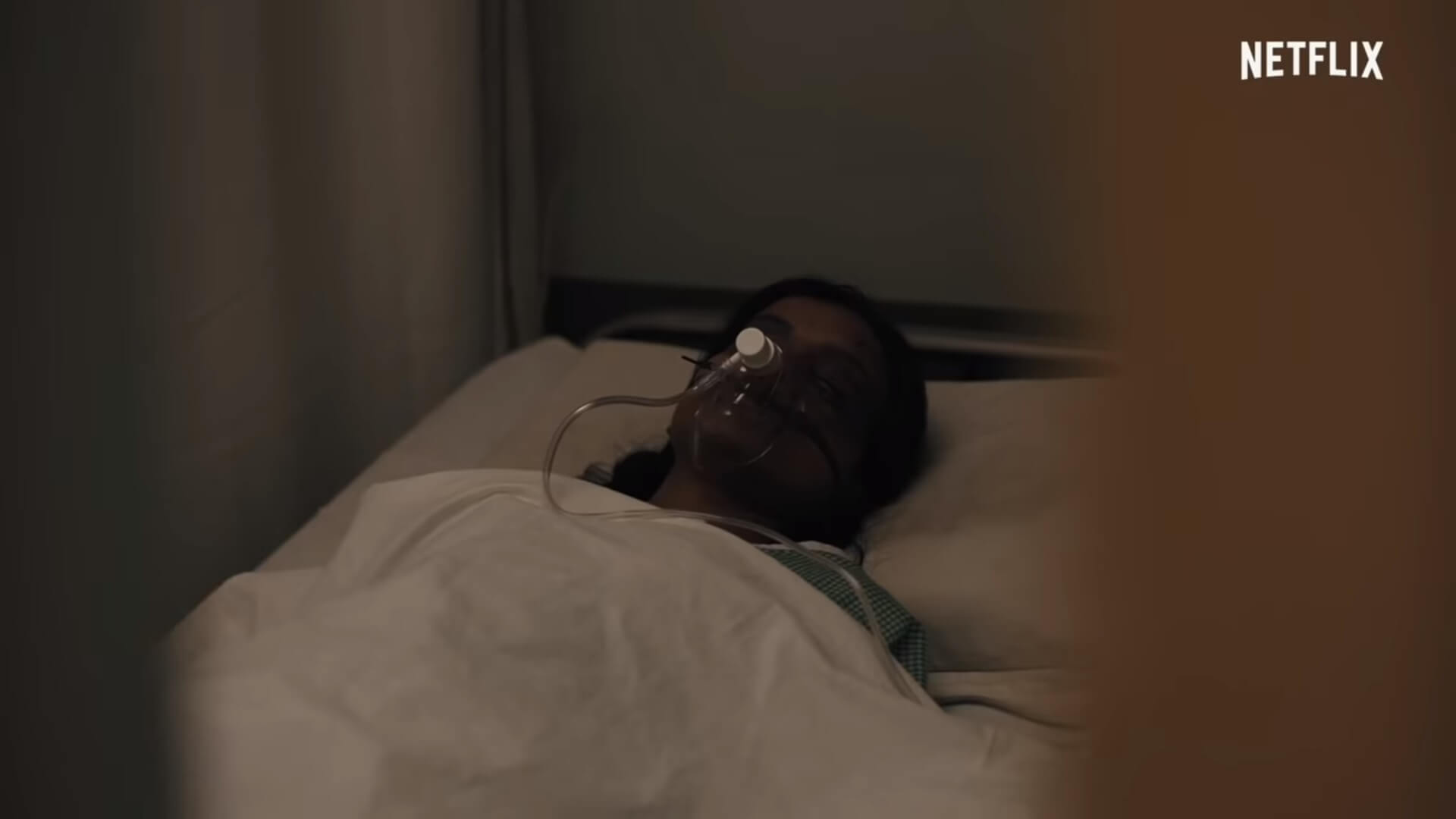
The opening of this show, which Netflix gives you an option to skip, is disconcerting, but I could never skip it, just like I could not skip the show despite the unnerving experience of watching something about a real incident and not just any incident but a spine-chilling episode of pure horror. The introduction to every episode of the show is a skillfully put together intro. It captures the peculiar essence of The Capital city that is both bustling with the daily routine but is also incubating a simmering sense of evil. This is demonstrated through shots of long, busy roads lit by the lights of the numerous vehicles and cut to a silhouette of a man standing alone on a deserted road, on an empty Railway Platform, which is otherwise jam-packed, we see a crowded street with people, shops and lights and are cut to a dark lane into a shady place, with a silhouette of a man standing alone. This excellent intro gives you the creeps and sets you up for a string of disturbingly true events.
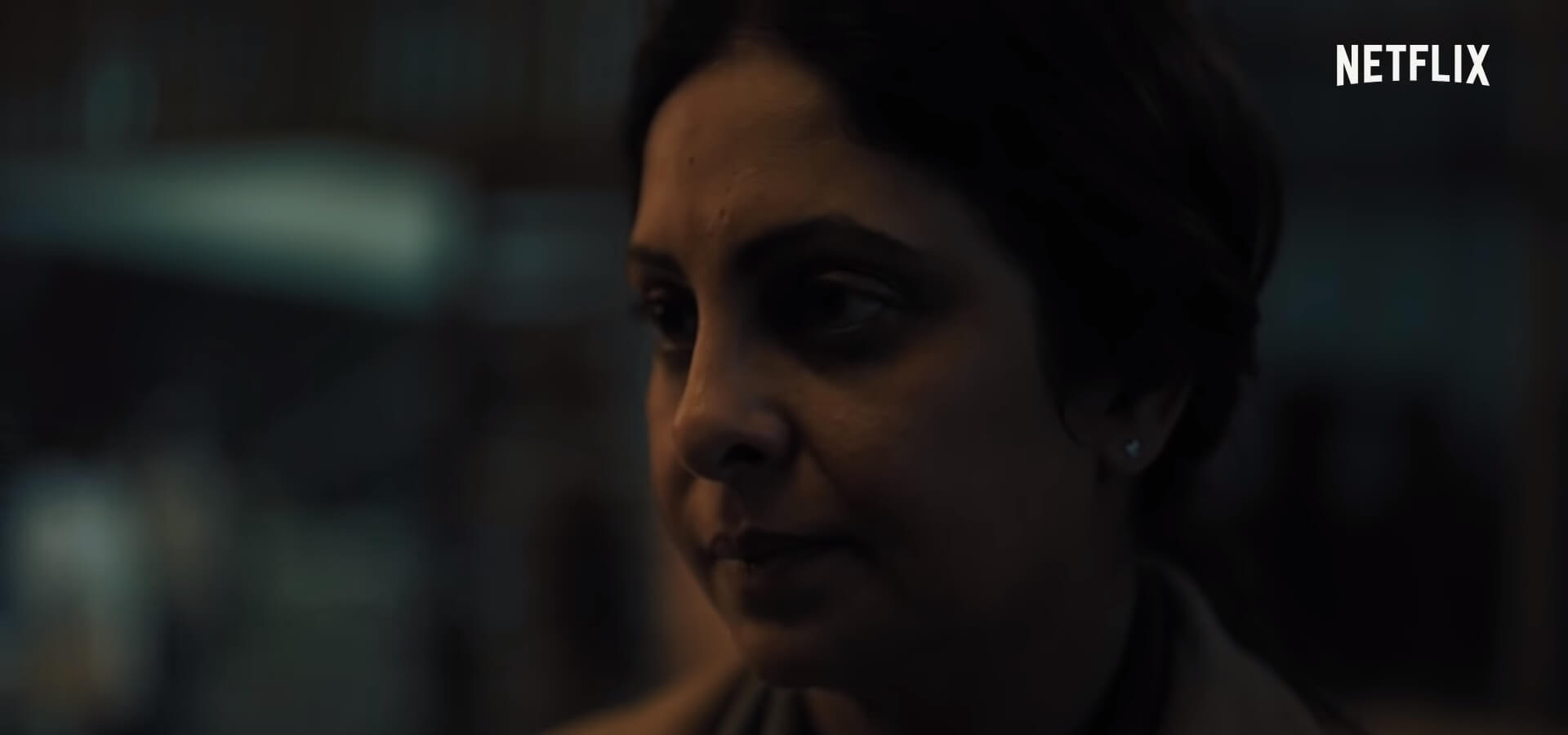
Delhi Crime sticks to the Police’s perspective of the proceedings. DCP Vartika, played by the excellent Shefali Shah, is the head of the Investigation. Her demeanor immediately gives out a vibe of a person with years of emotionally exhaustive experiences but the hideousness of this incident breaks her toughened soul. Vartika has a teenage daughter who is adamant about leaving India and settling in a country where she can roam around, without the fear of being attacked by a stranger and Vartika tries to convince her otherwise. The henious act of rape is dealt with great sensitivity in the series. We see the couple walk out of a mall and then get into the bus. While we see the bus going around in circles ( never looking into the bus, the director is considerate enough to stay with an outside view of the bus ). The bus going around in circles with the couple and the 6 culprits in it is intercut with Vartika promising her daughter that she would show the good side of the Delhi City. One has to have a strong heart to sit through this portion. As a viewer you know that Vartika’s promise of showing her child, the brighter side of the city, will be shattered soon. The mother daughter dynamic in the middle of a tireless investigation is beautifully handled and given the due importance in the screenplay, adding yet another layer to the robust narrative.
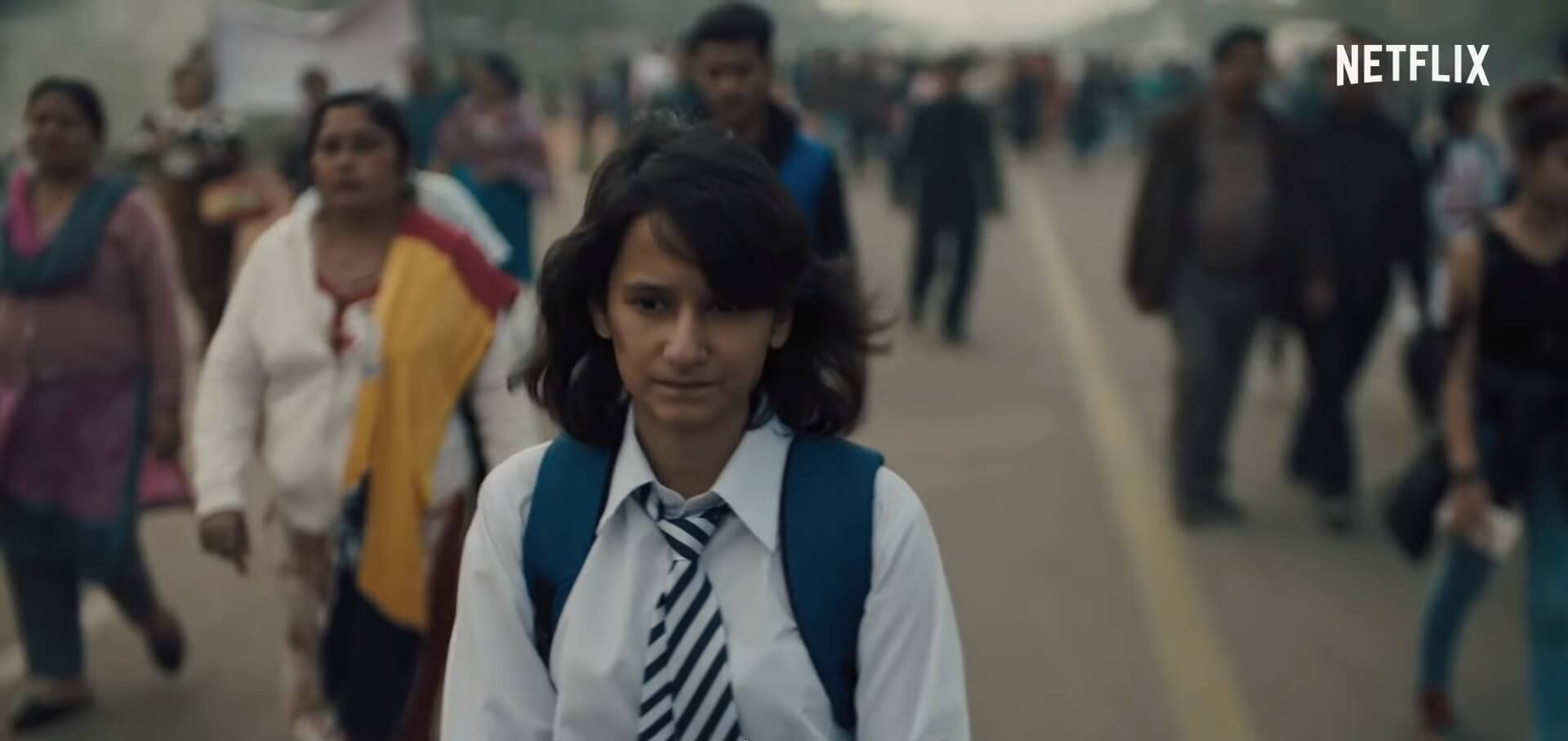
Richie Mehta and team can be proud of their research and precision in terms of set design and handling the internal police dynamics. Delhi Crime is an eye-opener to the common Indian who has formed his/her perspective of Indian Police on the basis of Hindi films. The makers put their efforts to bring to light the most intricate details and issues with the Department. In a scene, the Police Station in which the Investigation is being conducted goes dark as the electricity bill is past due and later the Station officer and a constable get into an argument over why the bills were not paid and how they were out of funds to pay the electricity bill. It is shocking.
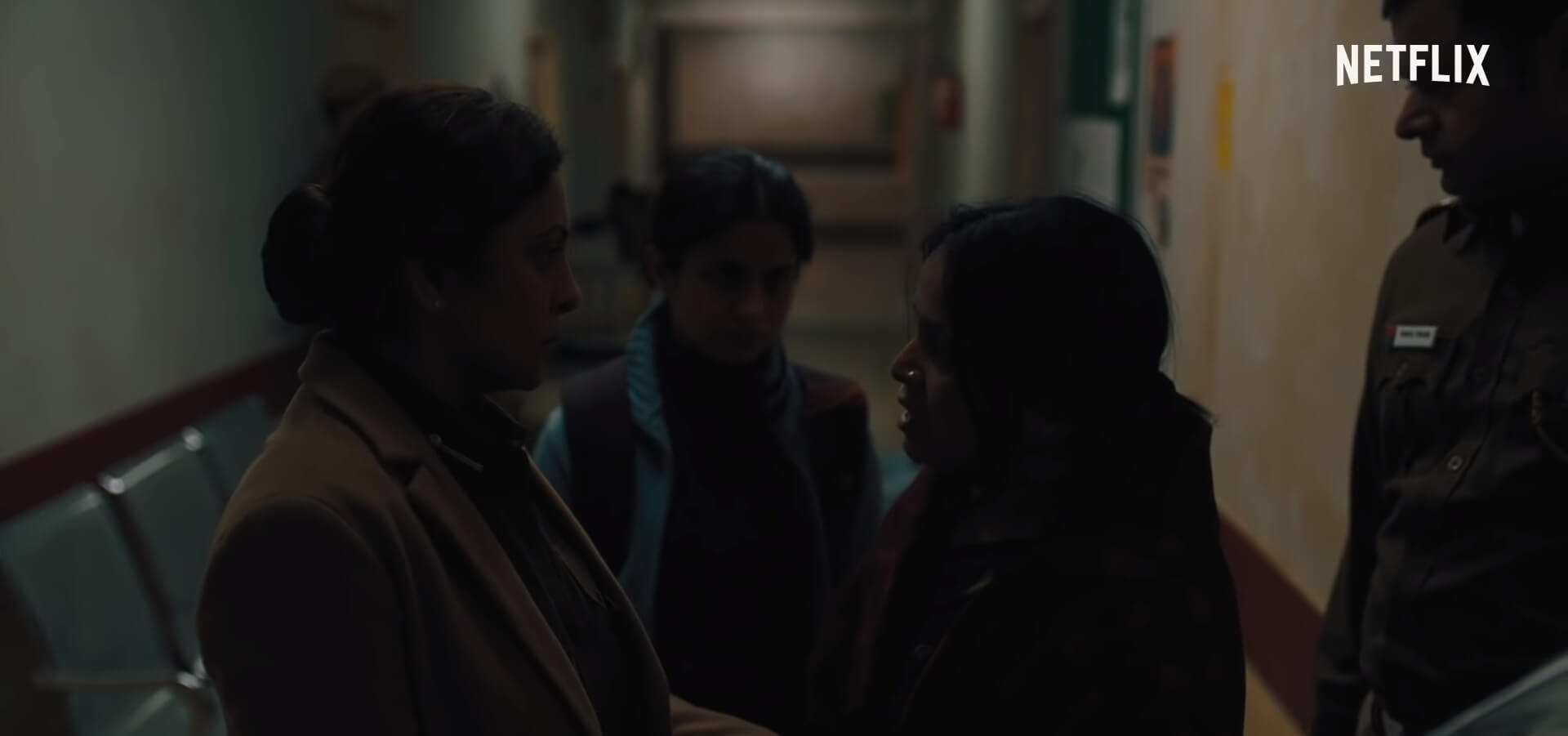
The writing is superlative. This extraordinary series was written on a paper of perfection with an ink which leaves indelible marks of brilliance. The ensemble of characters is expertly handled. Each character has a definitive arc. DCP Vartika’s daughter carries mental and emotional bruises of living in a crime infested Delhi and as the series goes along, we see those bruises actually translating onto her face, although they appear from a brawl at school, it is an excellent writing tool to display her growing apathy which is no more internal. The sequences of police teams conducting search operations for the last two suspects involves a lot of travelling from one place to the other. The episode in Patna is especially tense with the anticipation of a Maoist attack at any moment. By taking us through these search operations from one state to the other, from one backward region to the other, the writers show us where these rapists come from, the houses they have lived in, the culture ( or lack of it ) they have been brought up in. The greatest victory of the show rests in its ability to engage the audience emotionally without ever going overboard about the emotional impact of the crime. The director does not stay with the victim or the family for more than 20 minutes in a show that is 7 Episodes long. It is a commendable achievement that the series manages to pack an emotional wallop despite staying away from any emotional manipulation whatsoever. It banks on people’s memory of the horrible incident, to draw emotion from, instead of forcing it into the screenplay.
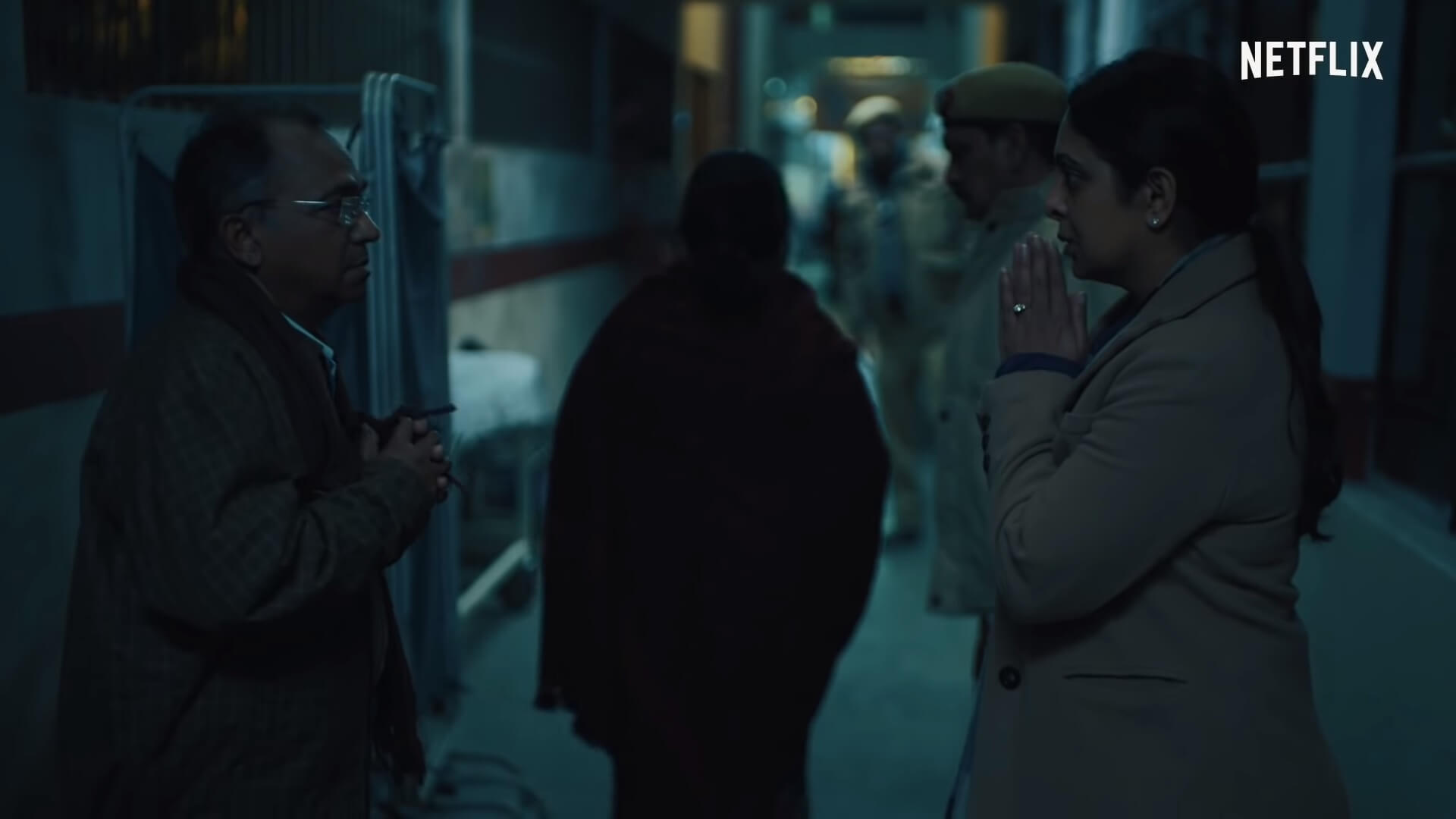
Delhi Crime is an exhibition of a nation falling apart. Every social construct in this series obstructs the justice. Journalism is reduced to TRPs, Politics is reduced to a personal conflict ground, Police are hindered by several procedural incompetencies and the Public is in a fit of rage, which in-turn disrupts the police procedure. In the middle of this mega chaos is a team of Police officers that scrape their way to victory. The series tries to understand why crimes like these happen. A character even mouths what the series subtly communicates through its screenplay. A police officer talks about the economics of the country and how it is the root cause to crimes like these. The series also dwells in the definition of punishment. In fact, I was not aware of the fact that a suspect cannot be shouted at or hit while in custody until I watched the extremely authentic Delhi Crime. In a chilling scene, the prime accused Jai Singh speaks about his evil act and says ” These kind of girls need to be punished “. A few scenes later we see public standing outside the gate of Police Station waiting to shred the rapist into pieces. One cannot help but wonder where this would stop. The rapist believed the girl deserved to be punished and the public believes, he deserves to be shred into pieces; a complete hopelessness clouds our society.
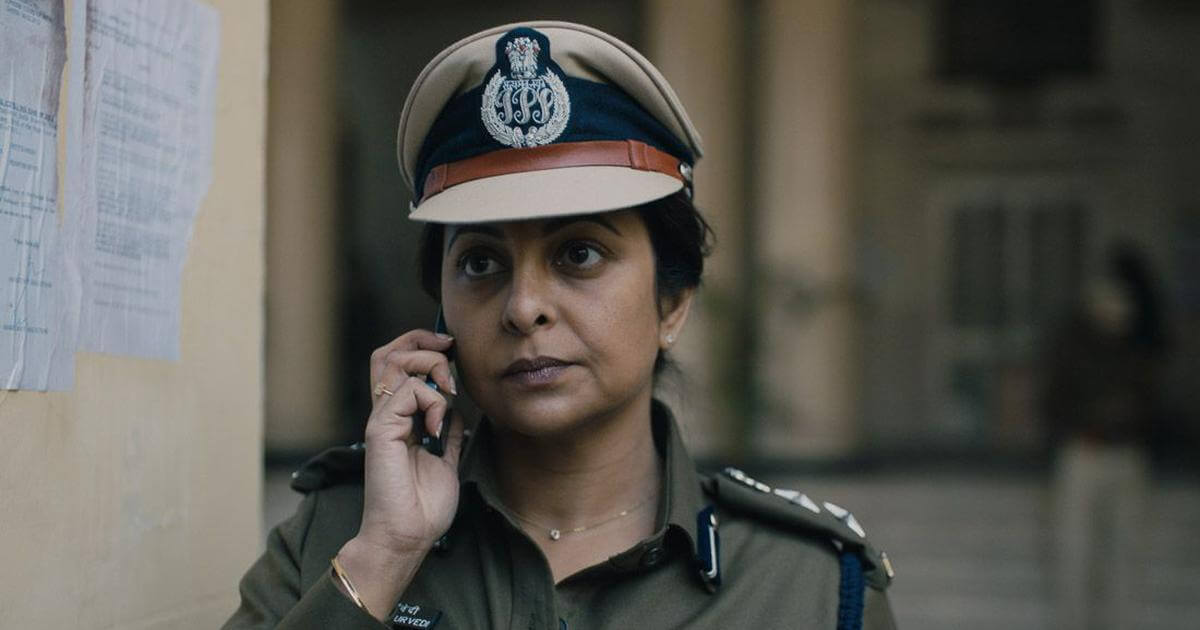
Rajesh Tailang plays an experienced special officer, Bhupender. This could well be a career defining role for him as he stands out a wee bit more than the other extraordinary performances in this ensemble.
Adil Hussain as the Police Commissioner is at ease. He delivers a measured performance in Kumar Vijay; a vulnerable Commissioner who finds strength in his DCP’s will to nab the rapists. Rasika Duggal plays a young lady officer who DCP Vartika takes a liking to and bestows her with the duty of staying with the victim and the family. Her character graph is one of the most satisfying of the lot. The final episode ends with a moving conversation between DCP Vartika and Neeti Singh ( Rasika Duggal ), it sums up the frustration of a common man. As Neeti looks on, the camera tilts up as we see Neeti standing near a tree with effigies hanging on it ( of the six rapists ). The haunting image could be a stinging jibe at the system that fails to provide justice.
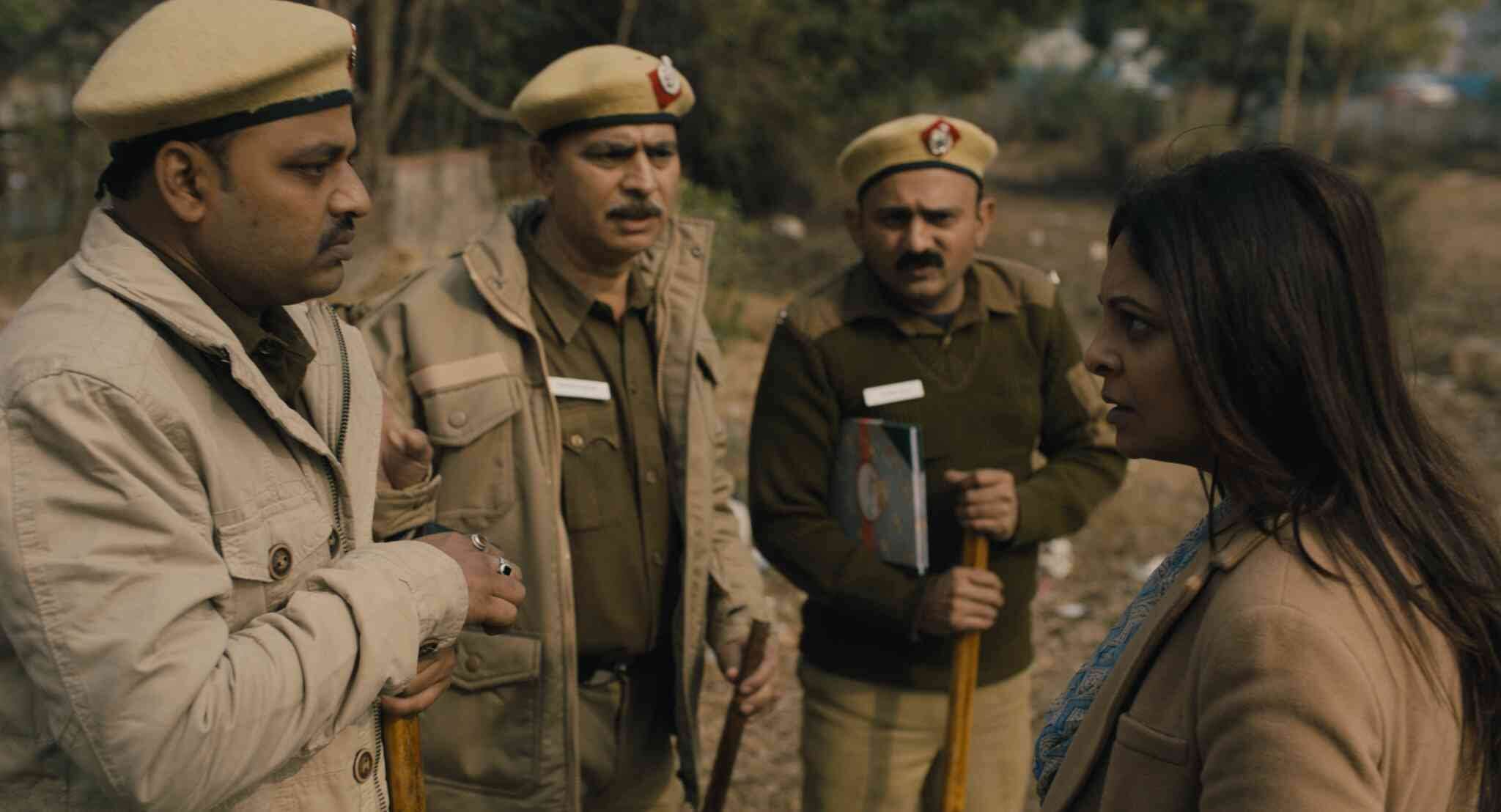
While mentioning about the prime accused, a young lady officer says ” There was nothing in his eyes while confessing the crime, it was as if his soul was missing “, it surely was, but Delhi Crime is full of soul.
To praise this outstanding series feels unethical, for the incident it is based on, is horrendous but Delhi Crime comes out as a technically brilliant show. One can safely say, it is the best TV series to come out of India but let us hope we never have any such incidents to make series’ on, again.


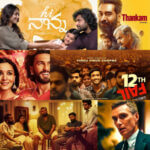





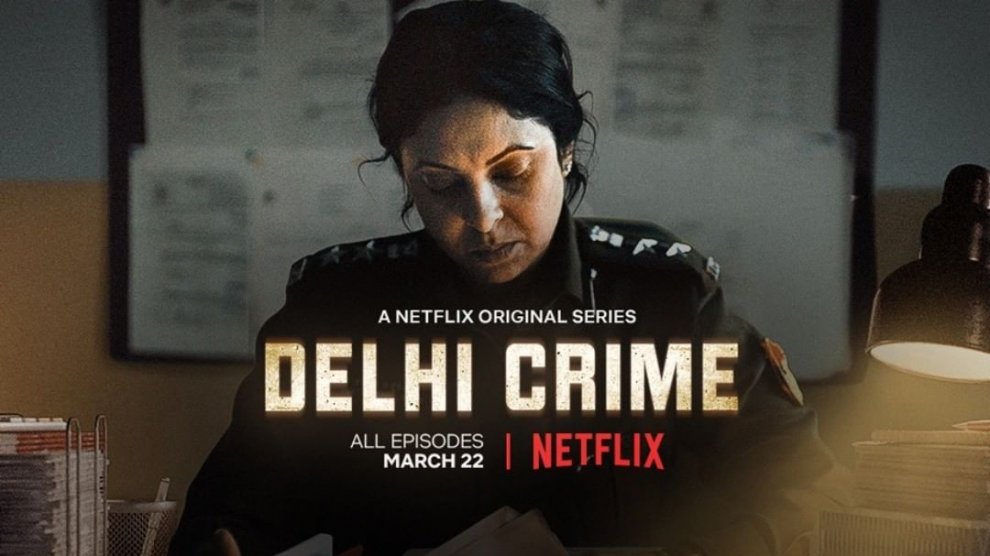






Add Comment